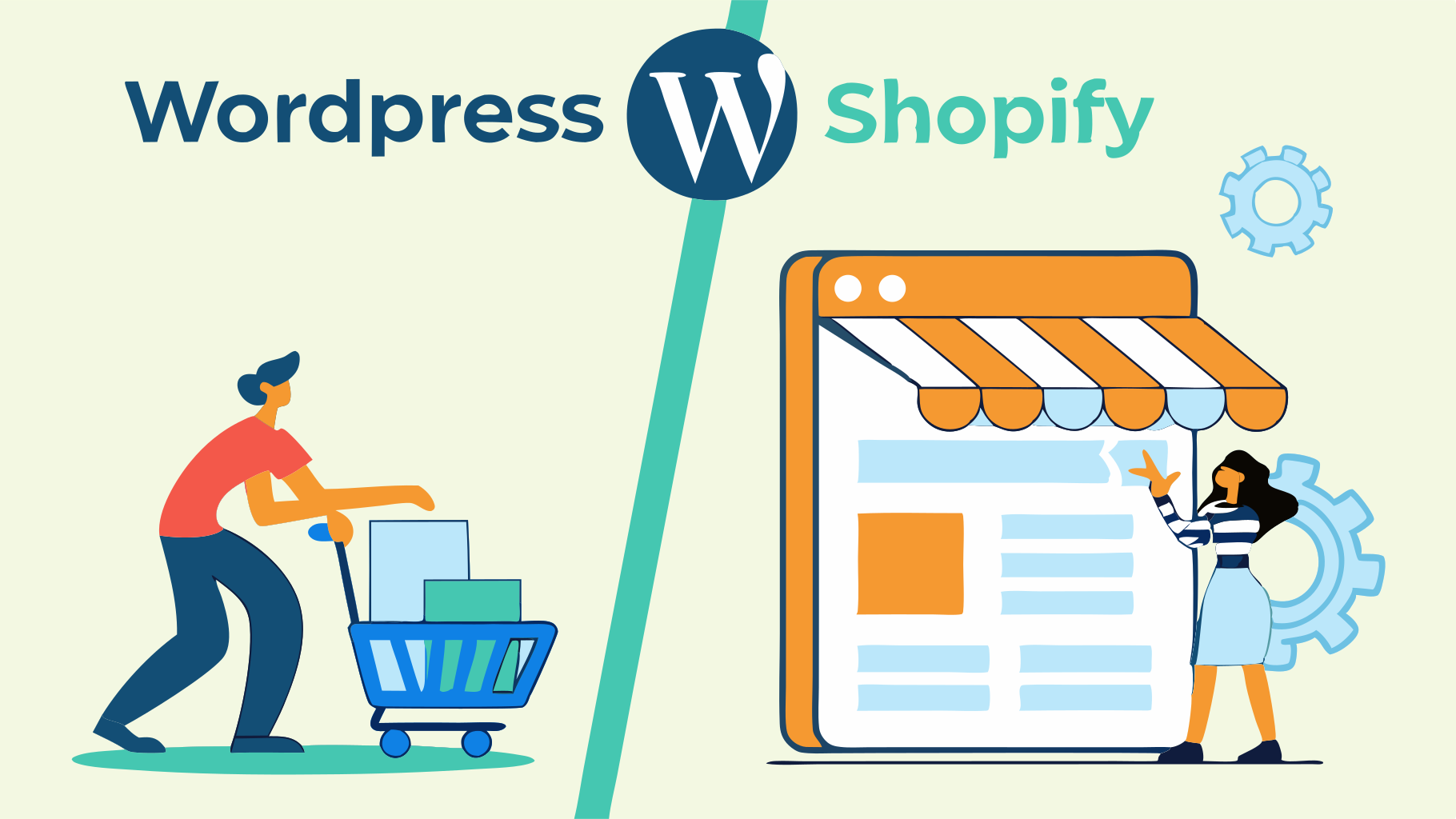A Simple Guide for Business Owners (Not Developers)
If you’re just starting your online store, one of the first big questions is:
👉 Should I build it on WordPress (WooCommerce) or Shopify?
I’ve worked with both platforms for years — here’s my honest, practical breakdown for business owners (not coders).
⚙️ What’s the Real Difference?
| Feature | WordPress (WooCommerce) | Shopify |
|---|---|---|
| Ownership | Fully yours — open-source | Monthly rental model |
| Ease of Use | More flexible, but needs setup | Beginner-friendly & plug-and-play |
| Design | Fully customizable | Beautiful themes, limited control |
| Cost | Cheaper monthly, but dev cost can go up | Fixed monthly fee (₹2,000–₹5,000+) |
| Payment Integration | Manual setup (Stripe, Razorpay, etc.) | Built-in with lower effort |
| SEO Control | Full control (great for custom SEO) | Good but limited technical SEO |
| Maintenance | You handle updates, backups, plugins | Shopify takes care of it |
💡 What I Recommend (Based on Your Business Stage)
✅ Choose Shopify if:
-
You’re new to tech and want to go live quickly
-
You’re selling physical products (especially fashion, beauty, gadgets)
-
You want support and fewer headaches
-
You have a small team or no developer
Bonus: Shopify’s ecosystem (apps, themes, checkout) is super beginner-friendly.
✅ Choose WordPress (WooCommerce) if:
-
You want full control and own every part of your site
-
You’re comfortable managing plugins or have a developer
-
You’re blogging heavily and want powerful SEO
-
You’re building a content-heavy store (courses, blogs, communities)
Bonus: No monthly lock-in fees. You pay only for hosting and services you choose.
🚫 Don’t Choose Based on Trends
Too many new store owners get stuck because they:
-
Follow what friends say
-
Use tools they don’t understand
-
Try to save money but end up paying more to fix things later
Your platform should match your business goals, team skills, and growth plans — not just a YouTube video.
🎯 Final Thought
If you’re just starting out and want to focus on selling, Shopify is the smoother ride.
If you’re planning to scale with content and need total control, WordPress is the long game.
Both platforms can help you grow — as long as you build with clarity, not confusion.
🙌 Need Help Deciding?
I’ve helped 50+ businesses set up stores on both platforms.
If you’re stuck choosing, feel free to message me.
I’ll guide you like a business partner — not a tech salesperson.
